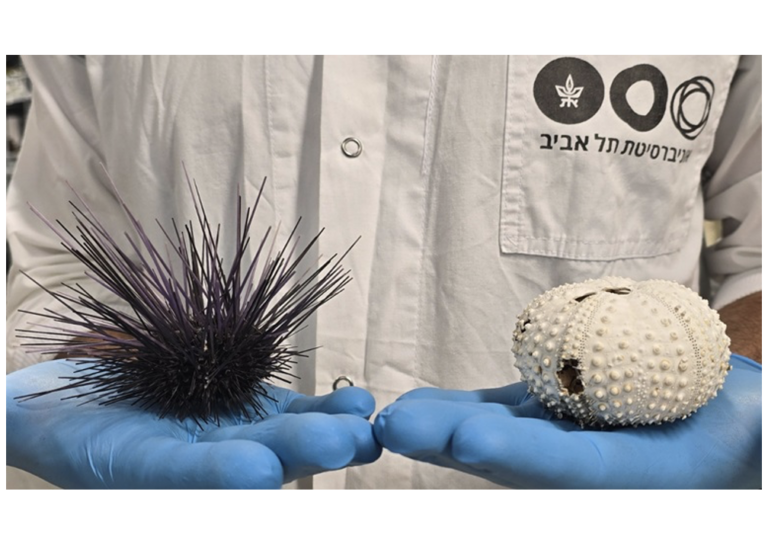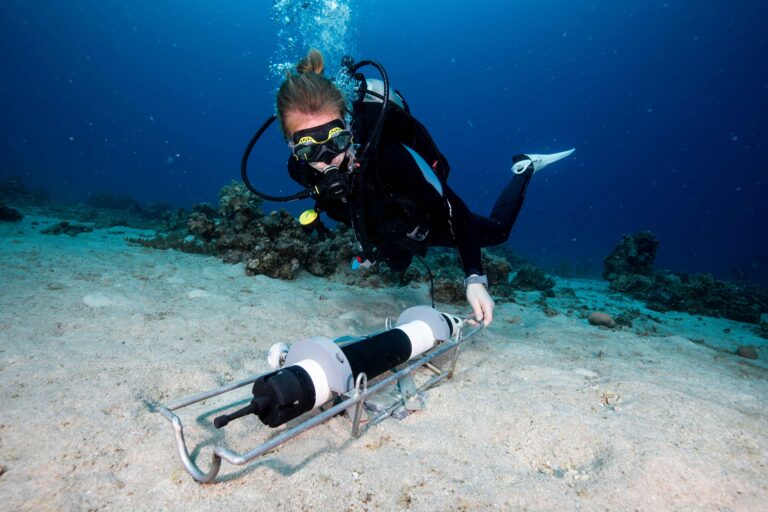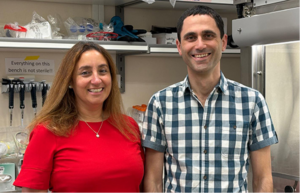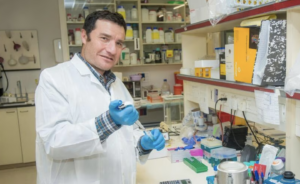HomeBiogas (Israel) recycles organic waste at the source

HomeBioGas offers the most advanced, compact and cost-effective anaerobic digesters that convert kitchen waste and animal manure into cooking gas and liquid fertilizer, while maintaining highest safety and health standards.
4.3 million women and children die annually due to indoor air pollution due to smoke of open cooking fires; (World Health Organization report, 2012). Cooking and heating with Biogas reduces deaths and respiratory diseases of women and children.
Using biogas reduces deforestation due to cutting down trees for firewood. Deforestation reduces of the amount of CO2 absorbed by trees and increases land erosion. Soil run-off pollutes rivers and lakes.
Untreated organic matter creates methane that escapes into the atmosphere. Methane is a significant contributor to global warming. Converting organic matter to Biogas and using it for cooking and heating reduces global warming.
Biogas saves labor. Families do not need to spend hours collecting and carrying heavy firewood loads every day. The liquid fertilizer produced by TevaGas™ increases the yield of the family’s vegetable and fruit garden.
Improved health and increased family productivity; and a cleaner environment provide very clear and significant economic benefit to the general population and the state.
israel21c. “When UN Secretary General Ban Ki-moon visited the sukkah of Israeli President Reuven Rivlin during the Jewish harvest holiday last October, he was treated to a demo of a machine the government has given to Bedouin families to convert organic waste into clean biogas for cooking, heating and lighting, as well as organic liquid crop fertilizer.
“He got very excited and told us, ‘Millions of women and children die each year due to indoor smoke from open fires. This is just the thing they need. The UN should be purchasing these units!’ recalls Ami Amir of HomeBioGas, which develops and manufactures a new class of anaerobic biodigesters to convert organic waste to clean renewable energy.
“He asked us to be in touch with the UN’s Food and Agriculture Organization to see where and when our systems could be deployed,” the marketing director tells ISRAEL21c.”
Source israel21c







